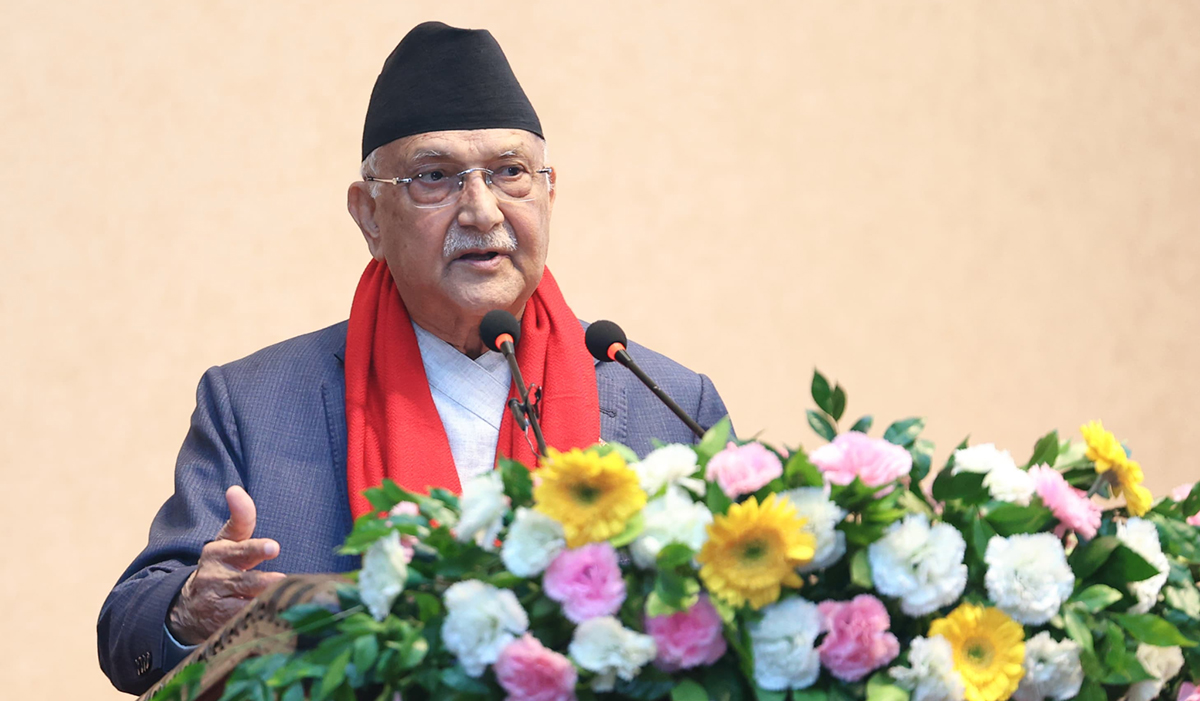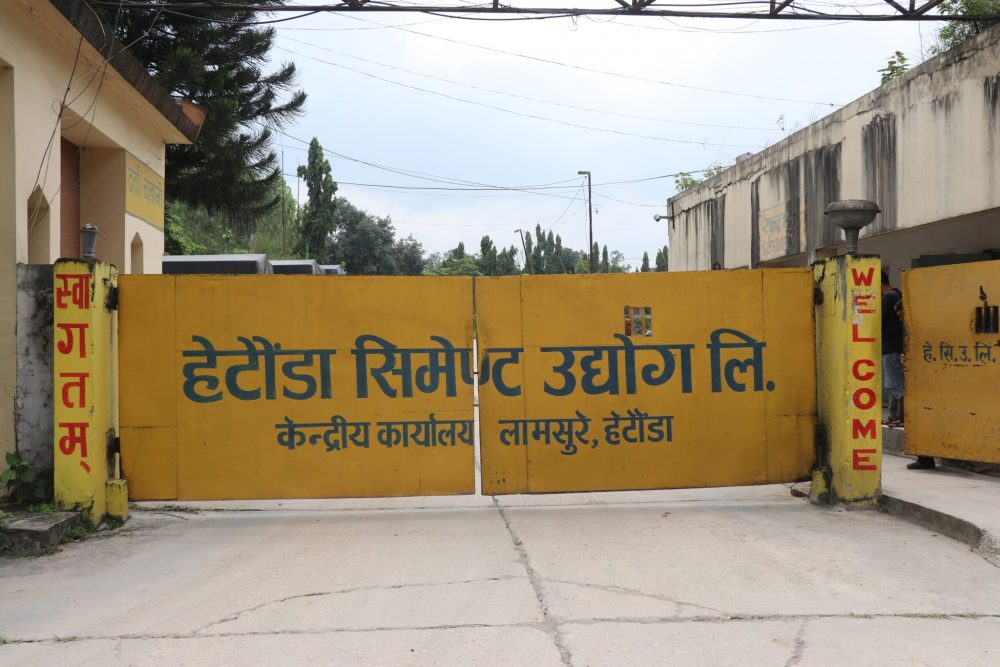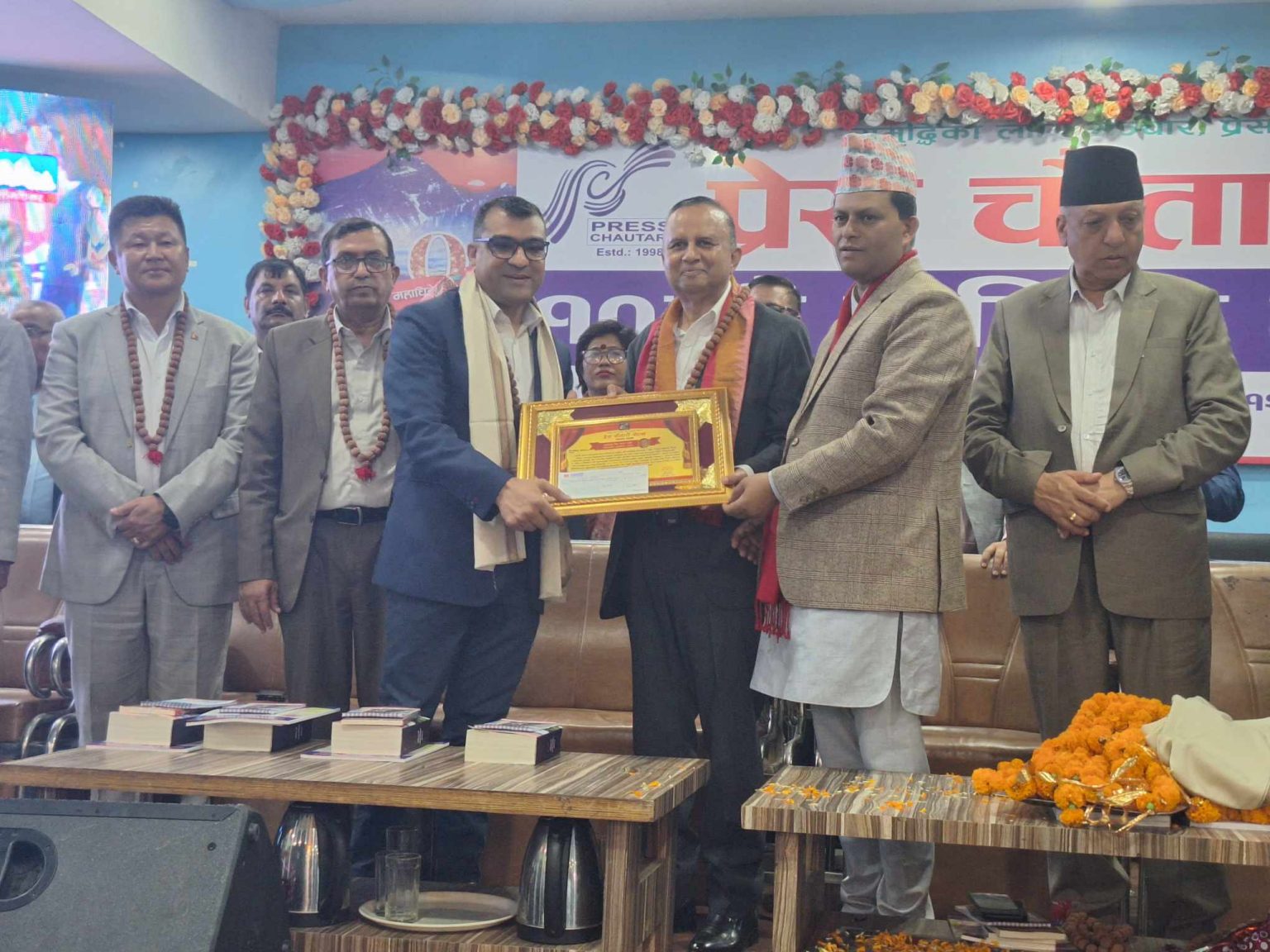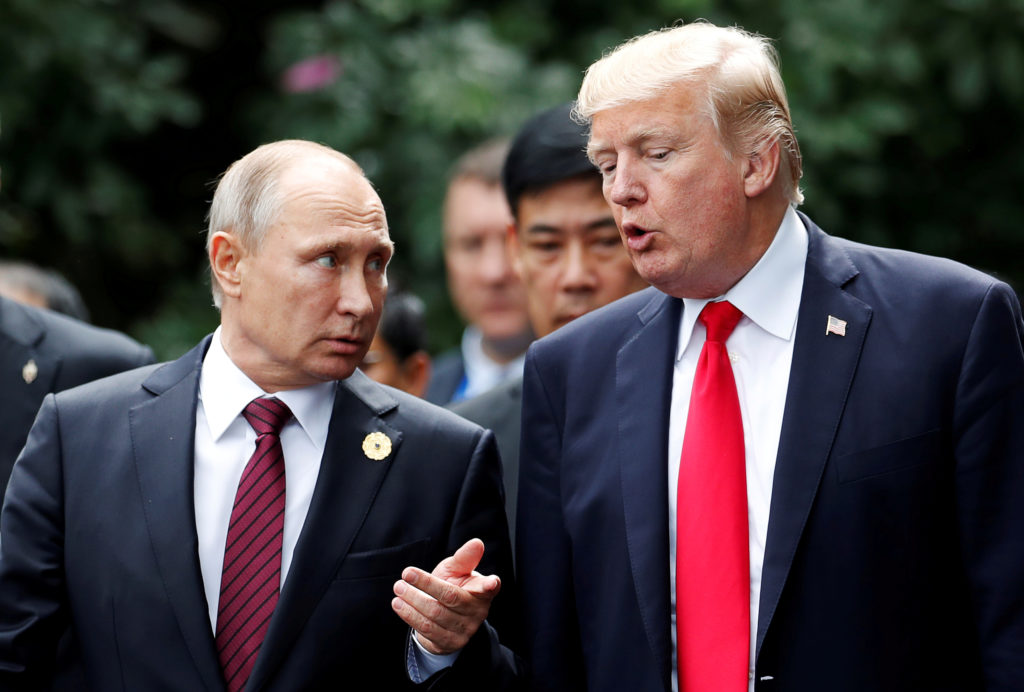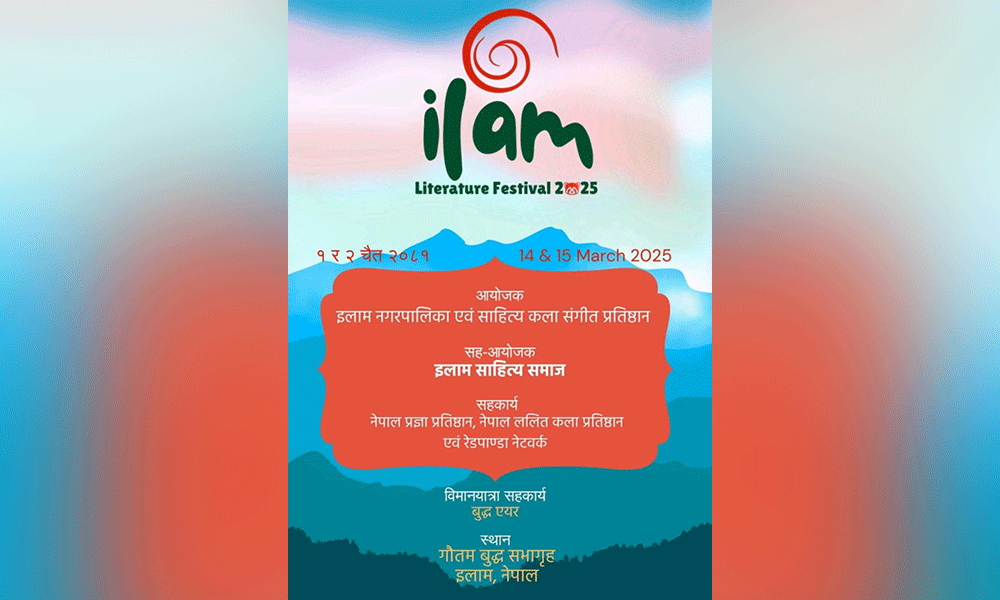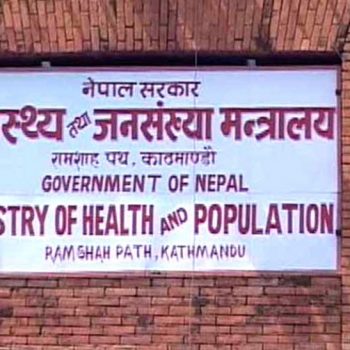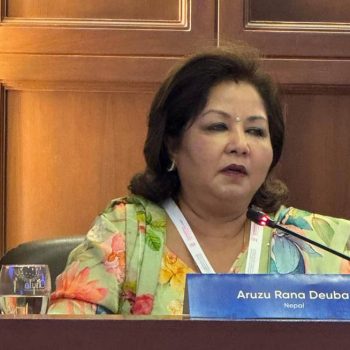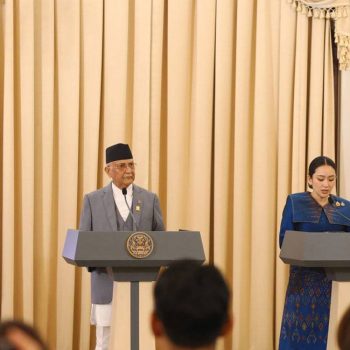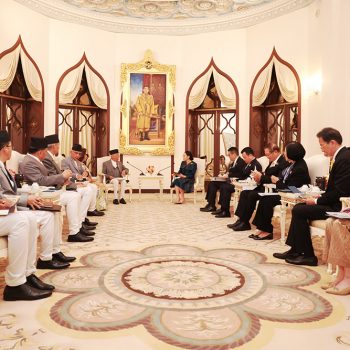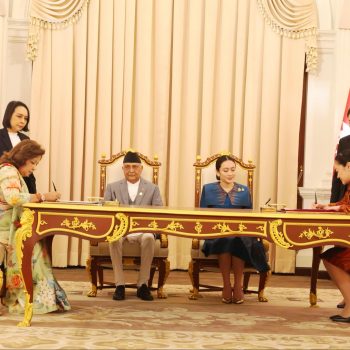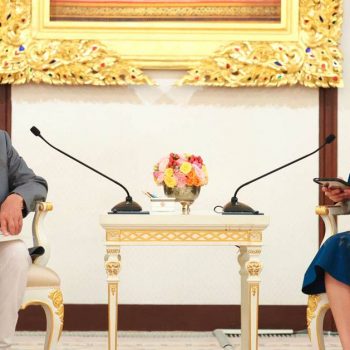Pakistan Supreme Court orders release of Pearl killer
Acquittal causes SHOCK waves, INHUMANITY reigns Supreme
 NepalPress
NepalPress
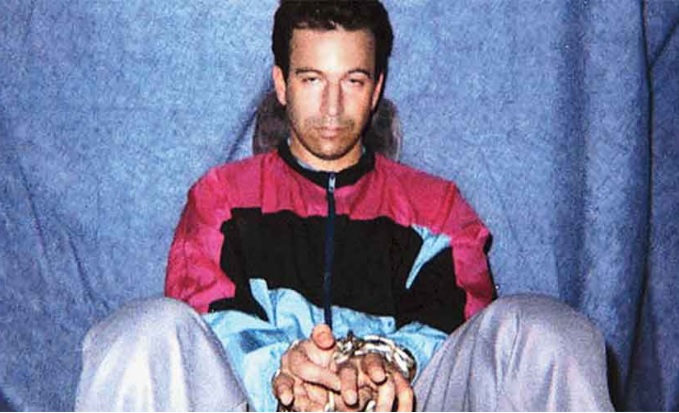
KARACHI: Pakistan’s Supreme Court on Thursday ordered the release of a militant convicted of beheading American journalist Daniel Pearl, a decision that has left his family in “complete shock”, lawyers said.
Ahmed Omar Saeed Sheikh, who was the main suspect in the 2002 kidnapping and murder of the Wall Street Journal reporter, was acquitted by a panel of three judges.
“By a majority of two to one, they have acquitted all the accused persons and ordered their release,” a provincial advocate general, Salman Talibuddin, said.
Sheikh and his co-accused are to be released immediately if they are not required in any other case, the head of the court panel, Justice Mushir Alam, said in a court order.
A high court last year commuted the death penalty of the British-born Sheikh into a life sentence and acquitted his three co-accused, citing lack of evidence.
The government and Pearl’s parents challenged that decision and pleaded to the Supreme Court to reinstate the death penalty.
The Supreme Court turned down both pleas on Thursday.
“The Pearl family is in complete shock by the decision,” the family’s lawyer, Faisal Siddiqi, said. “No amount of injustice will defeat our resolve to fight for justice for Daniel Pearl.”
Wall Street Journal editor-in-chief Matt Murray said the decision was “infuriating and unjust”.
The US had said it may seek to try Sheikh if efforts to keep him in prison failed in what experts say could be a challenging factor in Pakistan’s relationship with the Washington.
It comes as a new US administration is reviewing Afghanistan’s peace process in which Pakistan is a key player.
“This couldn’t have come at a worse time for Pakistan and US relations because we have a new administration and the Pakistanis have been trying to establish contact with them … this is going to complicate the relationship,” said Shuja Nawaz, a distinguished fellow at the South Asia Center at the Atlantic Council.
Experts said the case against Sheikh had been flawed from its early stages and the Supreme Court had likely made its decision on legal procedural issues.
“We have to contextualise it in the ‘war on terror phenomenon’ where many countries especially in South Asia and the Middle East … (were) not fulfilling rule of law principles or terrorists were not tackled via the criminal justice system,” said Hassan Abbas, an international security professor at National Defence University in Washington and a former Pakistani police officer.
The US embassy in Islamabad declined to immediately comment. The media wing for Pakistan’s military did not immediately respond to request for comment. A Pakistan foreign ministry spokesman declined to comment during a press briefing.
Pearl’s murder took place three years after Sheikh, along with Jaish-e-Mohammad chief Masood Azhar and Mushtaq Ahmed Zargar, was released by India in 1999 and given safe passage to Afghanistan in exchange for the nearly 150 passengers of hijacked Indian Airlines Flight 814.
He was serving a prison term in India for kidnappings of Western tourists in the country.


